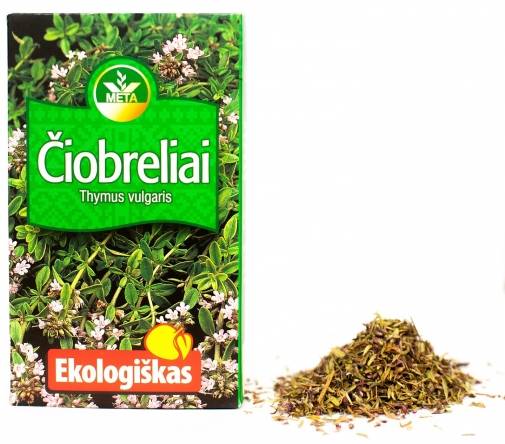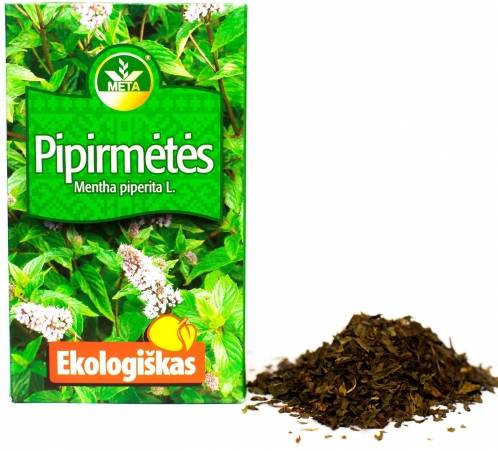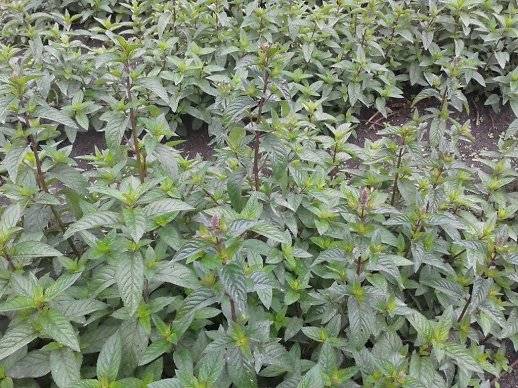Autumn can be a real test for people returning to cities from the sanctuary of nature. The relationship between man and nature, which was nurtured in the summer – like a well-tuned instrument – is again disrupted in the autumn by dampness, darkness, gloomier thoughts and the first frosts.
In addition to the usual autumn colds, internal medicine doctors also see an exacerbation of stomach illnesses during this period, caused by nervous exhaustion and increased tension. Dermatologists are starting to talk about increased or renewed skin problems. And more and more patients are turning up at psychologists’ offices complaining of mood swings and other symptoms of depression. “You can’t escape the seasonality – our body reacts sensitively to every change in nature,” say Gražina and Mindaugas Vyskupaičiai, the founders of the organic Mėtos farm. “But nature itself has left us a thousand clues on how to preserve summer in our bodies and spirits. It doesn’t require complicated medical prescriptions and expensive artificial remedies – the most effective remedies are often also the simplest, most natural and… cheapest”.

We are close by, but we don’t use it
Natural herbs growing in the Lithuanian countryside have been known since ancient times to treat and prevent illnesses, even in acute cases of colds and digestive disorders. Herbal teas are not only an effective thirst-quencher, but also provide the body with bioactive substances that affect our physiological and psychological state. This autumn, Gražina and Mindaugas Vyskupaičiai, the founders of the organic farm, who have launched the Throwing Life product line, invite you to look back to what grows in Lithuania and strengthen your physical and spiritual health with herbs.
St John’s Wort
Successful in combating autumn mood disorders
St. John’s wort tea
. St John’s wort contains flavonoids, carotene, vitamins C, PP, P, choline, mineral salts, saponins, resins, essential oil, tannins, organic acids and phytoncides. Thanks to these active substances, they have a positive effect on the nervous system, have a calming effect and, according to folk medicine, can be used to alleviate symptoms of depression. St John’s wort is also useful for the prevention and treatment of diseases of the stomach, intestines and liver.

Thyme
In addition to biologically active substances such as essential oils, tannins, flavonoids or organic acids, thyme also contains ascorbic acid, or vitamin C.
Thyme tea
benefits for our bodies during the cold season. Thyme “kills” germs, eases expectoration, soothes, relieves stomach cramps, reduces flatulence and normalises the intestinal microflora, among other things.

Great nettles
Nettle teas
The benefits of tea are undeservedly overlooked. Nettles are herbs that help to increase the body’s resistance and strengthen the blood. Because they contain vitamin K, which promotes blood clotting, they are very useful for women as a normaliser of the menstrual cycle and as an inhibitor of gynaecological inflammation. It is also useful for relieving symptoms of liver and ureteral diseases, kidney stones, indigestion, indigestion, and spasmodic coughs, thanks to the presence of Vitamins C, B2, B3, carotene, chlorophylls, phyto-cides, enzymes, calcium, potassium, magnesium, sodium, iron, silicon, sulphur, chromium, chlorine, copper, chromic and formic acids. Caraway Caraway tea is commonly used to soothe various intestinal disorders: caraway inhibits fermentation in the digestive tract, reduces flatulence, relieves spasms, and soothes intestinal colic in babies. Cumin has also been shown to improve metabolism. It is worth remembering that this herbal tea, together with honey, can also help to overcome fatigue in the autumn season.
Peppermint

Peppermint relieves headaches caused by tension or anxiety and dilates blood vessels. Peppermint scent gives you energy, invigoration and improves concentration. The active substances in the herb are soothing, relieve spasms, stimulate bile secretion, and inhibit microbial growth. It is worth noting that these herbs contain menthol, which helps to fight colds, infections, expectoration and breathing. Therefore
peppermint tea
can be a great help in overcoming the symptoms of colds and fatigue caused by autumn.

Tea – not necessarily hot. For those who prefer cold drinks, iced teas are the best alternative. The main focus should be on the composition of the teas: avoid sweeteners and colourings, and choose teas that contain only natural herbs and water. Natural herbs give tea its excellent flavour and bio-beneficial properties, which are preserved by autoclaving – the natural process of brewing tea by treating the mixture at high temperatures. This autumn, the owners of the organic Mėtos farm are inviting you to look not only at nature, but also at yourself – at your own body’s condition and needs. Once we are free from the trap of illness and constant tiredness, we will see that every season is beautiful and magical in its own way.
